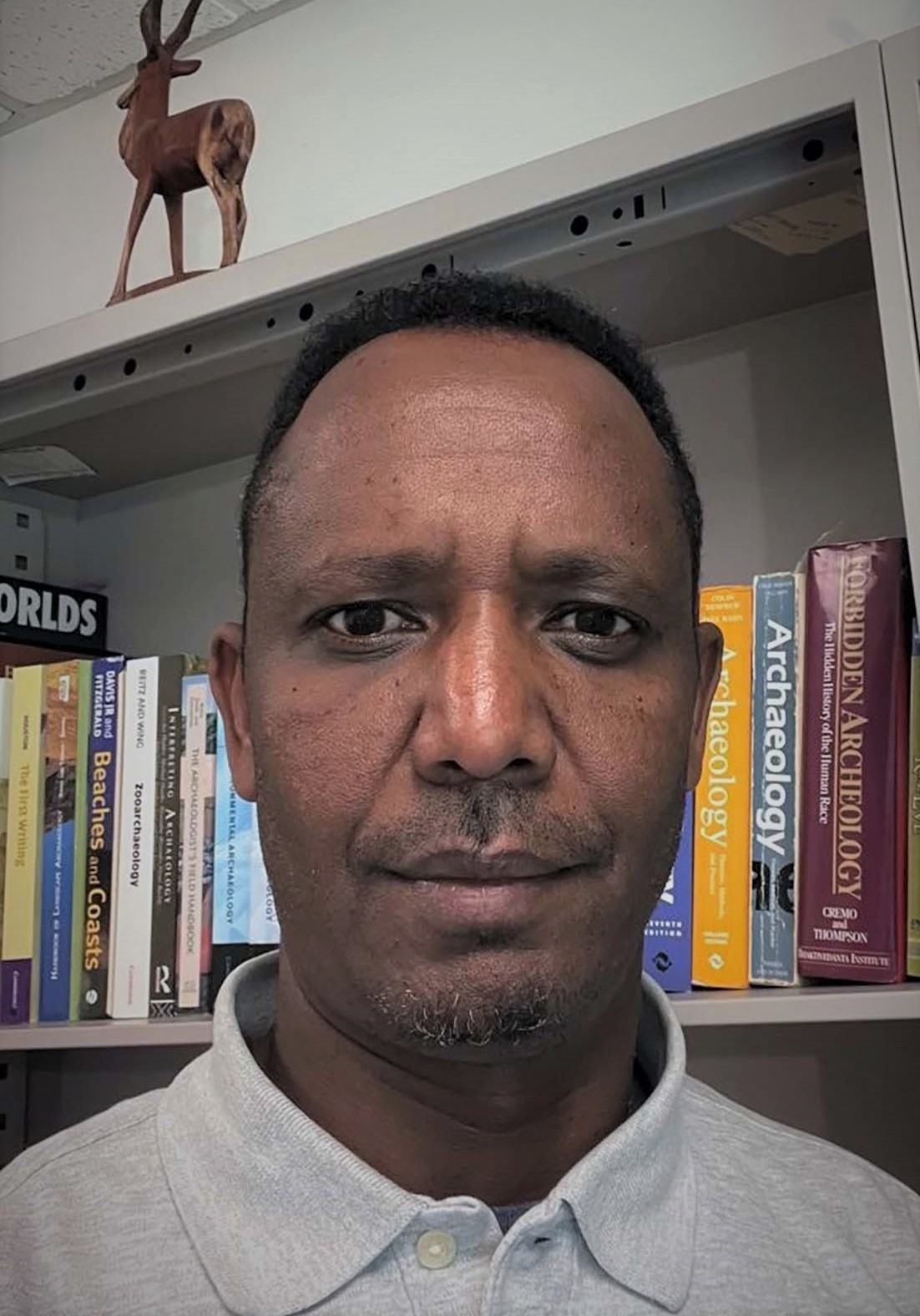About
I am an archaeologist whose work falls broadly in human prehistory- the time from the first appearance of our lineage in Africa around 2.5 million years ago to the beginning of food production, c. 5000–10,000 years ago. Geographically, my research focuses on East Africa (Eritrea, Ethiopia, Kenya, Sudan, and Tanzania), a region that holds a central place in human evolutionary research. Thematically, my research interests encompass understanding the behavioral dimensions of human evolution through the recovery and comparative study of stone tools (which are the earliest expression of human technological capacity), and the environmental contexts for hominin (early human) dispersal out of Africa. There is a broad scientific consensus on African origin of humanity, however, our understanding of hominin biogeography (i.e., the range of habitats they occupied) and the conditions that facilitated their dispersal to other regions remain incomplete. I am particularly interested in the antiquity, survival benefits and behavioral manifestations of hominin engagement with coastal ecozones. My methodological expertise lies in stone tool analysis, which allows me to elucidate hominin technological behavior.
Over the course of my career, I developed successful field projects focused on understudied coastal regions of East Africa, namely the western periphery of the Red Sea (Eritrea and Sudan), Kilwa coast of Tanzania, and the Turkana basin (northern Kenya). To run these projects, I received extramural grants from the National Science Foundation, National Geographic, and the Leakey and Wenner-Gren Foundations. Currently, I am leading an interdisciplinary and international team investigating Middle Stone Age sites in the Kilwa coastal basin, Tanzania. My fieldworks have generated archaeological datasets mainly in the form of stone tools that fill in regional and temporal lacuna in East African prehistory. The finds provide insights into the role near-coastal environments had played in hominin survival and conceivably as steppingstones for coastal engagement. I have actively disseminated my research output through publications in refereed journals and book chapters with strong international visibility. My publications include theoretical papers that add perspectives to ongoing debates on hominin dispersal and behavioral developments. This year, a handbook I coedited with three colleagues has been published by Springer (featuring 128 chapters, 279 authors, 2291 pages). Titled Handbook of Pleistocene Archaeology of Africa, the volume is the first of its kind and is expected to serve as a valuable reference work for researchers and students of African prehistory.
https://louisville.edu/anthropology/coasting-out-of-africa
To learn more about Dr. Beyin’s research, click here.

